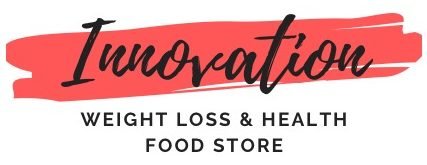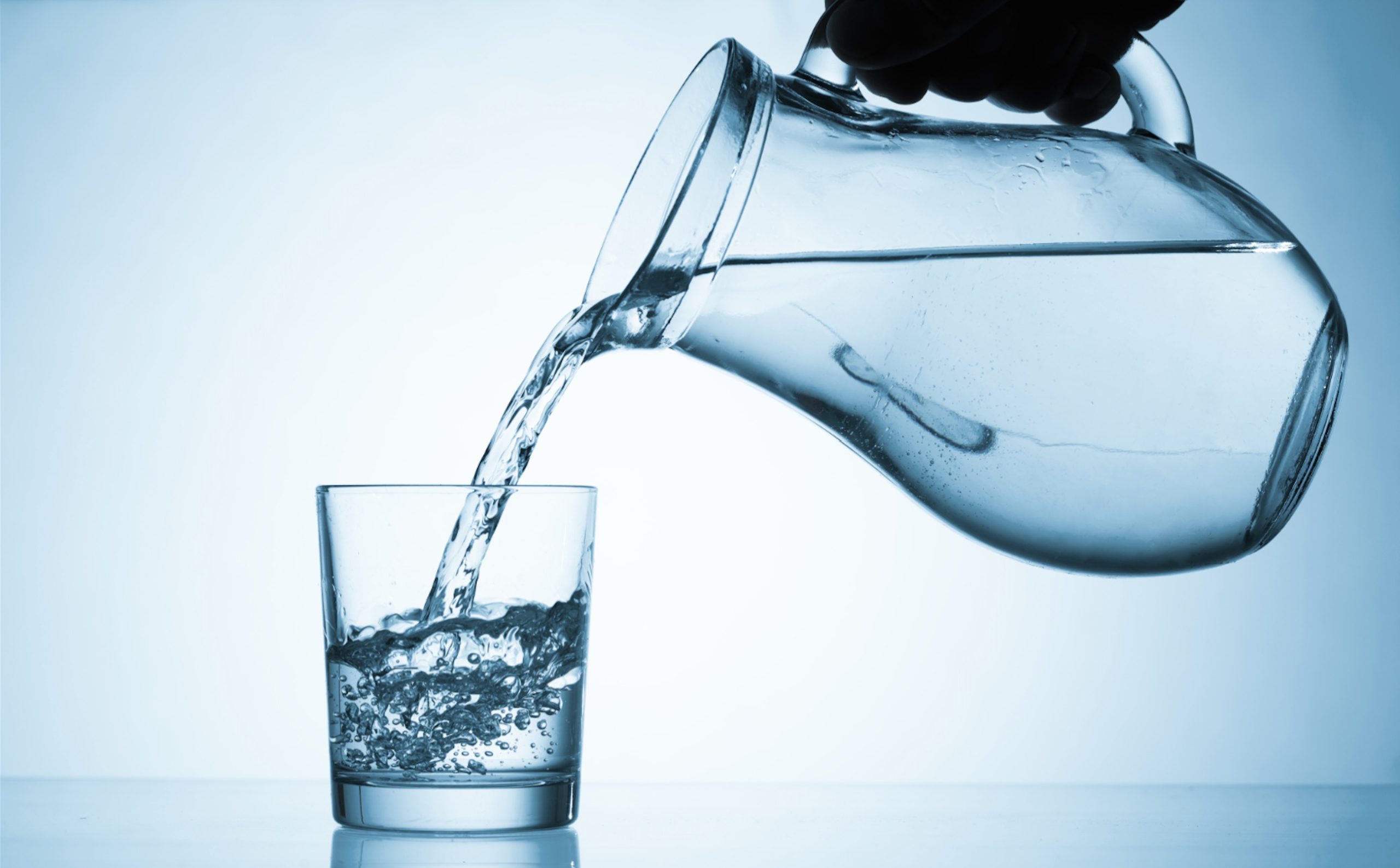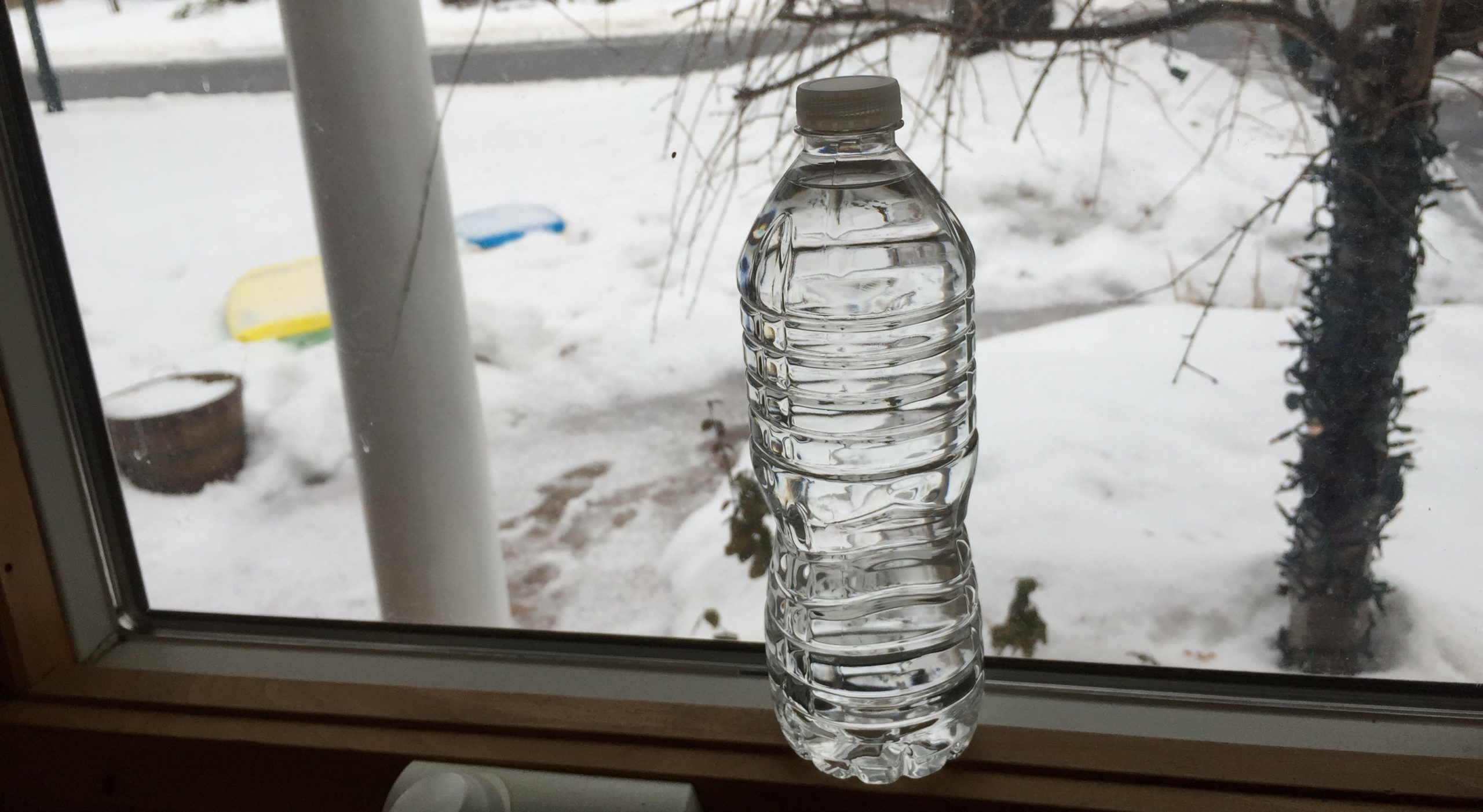The Importance of Hydration in Warm Weather
Hydration is key to living healthy and it is especially important in the warmer weather. Our bodies are 60% water and we need to hydrate every day to replace water that we lose naturally through sweating, breathing and every time we go to the bathroom. It’s easy to go through a hectic day without realizing how long we go without a drink of water. We may not even notice how thirsty we are until we are already dehydrated. If you have a dry mouth, headache or feel tired – take the time to have a glass of water.
Proper hydration is so important during this time of the year. Daily tasks such as getting groceries, going for a walk or commuting to work can take a lot of out you in the spring and summer months. Even just sitting in the sun at the beach or in your back yard can cause your body to need more fluids. Pay attention to your body and drink water often – by the time you feel thirsty you are already in need of fluid. Make it a point to keep water on hand and make sure you have access to drinking water during the day, whether that means keeping a refillable water bottle with you or buying bottled water throughout the day or refilling your glass at work or at home from the sink or water cooler.
Staying hydrated during exercise is crucial, so make sure you are drinking water before, during and after a workout, especially in the warm weather. Drink a glass or a bottle of water 15 minutes before you exercise, make sure to drink as much as you need during your workout, and always rehydrate after. Being dehydrated during exercise can cause your performance to decrease and can even put strain on your heart – keeping the body hydrated helps the heart pump blood more easily through the blood vessels to the muscles and helps your muscles work efficiently. It also helps you regulate your body temperature in the heat and cool down after activity.
Though we may want to reach for juice, sports drinks or soda in the summer heat or during exercise, make sure you are drinking plenty of water. Juices and sports drinks may offer vitamins and electrolytes, but they also come with sugar and carbs. If you’re looking for something flavored and refreshing, try adding fruit or vegetables to your water for a tasty way to stay hydrated.
It may take some extra thought and care, but keeping yourself hydrated in the next few months is extremely important. It can help with your weight loss by decreasing your hunger before meals on top of being essential to a healthy lifestyle. Drink up!
~Love to Live Healthy with Josephine Fitzpatrick
8031 Jericho Tpke Woodbury, NY 11797
469 7th Ave Manhattan, NY 10018



